Lucky Numbers and Unlucky Numbers in Chinese Culture
| Table of Contents |
It is crucial to comprehend the profound significance and cultural implications of numbers when embarking on a visit to China, as they possess the potential to exert a substantial impact on one's social and professional engagements.
This article aims to examine the intriguing Chinese numbers associated with luck and unluck that individuals should be aware of prior to engaging in activities such as visiting, working, and studying in China.
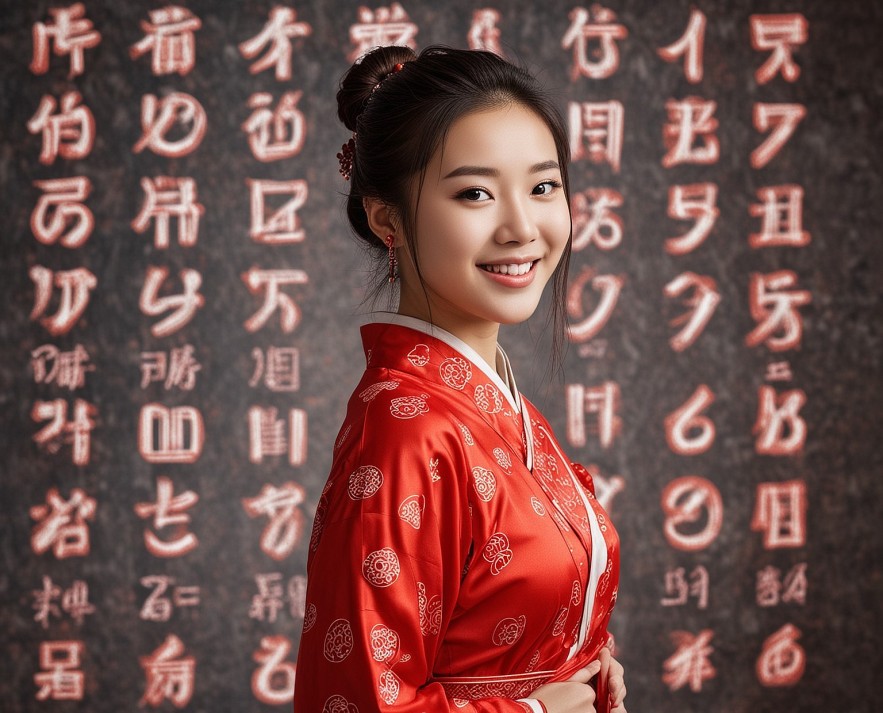 |
| Meaningful Numbers/Numerology in Chinese Culture |
The Meaningful Numbers/Numerology in Chinese Culture
Chinese culture is greatly impacted by Chinese homophones. According to Chinese numerology, some numbers are lucky (吉利 jílì) or unlucky (不吉 bùjí), mostly based on how they are pronounced.
In Chinese culture, most numbers have a special meaning of their own.
Chinese culture is deeply rooted in numbers, which have mysterious connotations that go beyond their actual numerical value.
Chinese culture believes that numbers possess strong positive or negative energy that can affect a person's course in life.
To navigate daily life and successful business interactions in China, one must understand the meaning and symbolism of numbers.
Within the dynamic Chinese society, these numbers are the key to fostering harmonious relationships and opening doors to deeper cultural understanding.
For instance, a lot of Chinese people believe that the numbers 2, 8, and 9 are very auspicious, but that the numbers 4, 5, and occasionally 7 are unlucky.
What Are the Lucky Numbers in China?
Chinese culture has always placed a high value on numbers. In Chinese tradition, lucky numbers are associated with good fortune. As a result, a system of fortunate numbers emerged on its own. There is no denying that certain numbers are not lucky or portentous.
Therefore, Chinese people give great thought to lucky number combinations in their day-to-day lives, including when they purchase homes, pick phone numbers, decide on wedding dates, and choose car identifiers. They think that drawing lucky numbers will make them lucky.
The majority of Chinese people consider the numbers 8, 2, 6, and 9 to be lucky. Some combinations of the above, like 66, 88, and 168, are also considered lucky numbers.
Lucky and Unlucky Numbers in Chinese History
In China, lucky and unlucky numbers have their roots in ancient, traditional times.
According to the complex web of Chinese belief, the cosmos is linked together by a sequence of numerical patterns, and every number has a unique and powerful energy that can affect human existence.
The conviction that numbers have immense meaning has been passed down through the ages, securing its place as an essential feature of Chinese culture that endures to this day.
Number 8 - the Luckiest Number in Chinese Culture
Because the number eight is linked to wealth, it is thought to be the luckiest number in China. Chinese character "eight" (八) is pronounced "ba" and sounds like the traditional character "fa" (发, 發), which is used in facai (发财), which means "well-off" or "becoming rich in a short time."
Apart from its remarkable meaning as a lucky charm, the number 8 has been crucial to numerous significant occasions and customs in Chinese history.
For instance, the 2008 Beijing Olympics opened on August 8, 2008, at precisely 8:08 p.m., because 8 was thought to bring unbeatable luck and success to the event.
| The Chinese character for "ba," which represents the number eight, sounds like the word for prosperity and wealth, making it a representation of unmatched good fortune. |
The number eight has extraordinary meaning in the business and financial spheres in China.
It is thought to bestow great fortune and financial prosperity upon both people and businesses.
This is due to the fact that the Chinese word for "eight," which is a strong and extremely auspicious number, sounds a lot like the words for "wealth" and "prosperity."
Some people are so sure that having an 8 on their phone number or license plate will bring them unheard-of luck and prosperity that they are even willing to pay extra for it.
The number 8 has more meaning for individuals than just bestowing great luck and prosperity upon them.
The number is regarded as a popular choice for wedding dates in Chinese culture because couples believe it will bring their marriage unprecedented prosperity.
Furthermore, a lot of Chinese people will go above and beyond in their daily lives to incorporate the number 8, like selecting an address for their home or place of business that contains the number 8.
Those who are fortunate enough to have the number 8 in their lives are said to experience unending prosperity, happiness, and good fortune.
In conclusion, 8 is a powerful representation of wealth and luck in Chinese culture, both personally and professionally.
The Number 2
Since the Chinese place a high value on harmony and balance, even numbers are inherently preferred over odd numbers. Since 0 is both a whole number and an even number, particularly when it comes to money, it is regarded as a lucky number.
Pronouncen er or liang, 2 (縤) is lucky because, according to Chinese belief, good things always come in pairs. Repetitive characters in some brand names or gift names are an example of this.
Number 6
Chinese culture views number six as auspicious since it resembles the words for "smooth" and "well-off." It is linked to prosperity, happiness, and good fortune.
It is also thought that number six has fascinating meaning when it comes to relationships and love.
It's a popular option for romantic occasions like wedding dates because it connotes the idea of a smooth and harmonious relationship.
Not only does the number six sound "smooth" and "well-off," but it also has deep symbolic meanings in Chinese culture.
Perfect harmony, balance, and tranquility are represented by it, which makes it a popular choice for weddings and other significant occasions.
The Chinese traditional belief of "Bagua," which is a system of eight trigrams used in Taoist cosmology to represent the essential principles of reality, also demonstrates the significance of the number 6.
The trigram "Qian," which in Bagua is represented by the number six, is connected to strength, the father, and divine heaven.
Number 6 is reflected in everyday life in ChinaThe number six is connected to the six directions—north, south, east, west, up, and down—in traditional Chinese culture. Additionally, the overwhelming popularity of the number 6 is evident in Chinese culture and daily life. For instance, six courtyards are a common feature of traditional Chinese architecture, and the number six appears frequently in eye-catching decorative elements. Furthermore, some Chinese people will go to great measures to make the number 6 a part of their everyday identity. Examples include selecting a phone number, license plate, or address that contains the number 6. |
Number 9
Because of its historical importance, nine is considered to be one of the most auspicious numbers in Chinese culture.
The Chinese character for nine, "jiu," sounds like the words "eternal" and "long-lasting," making it a powerful emblem of longevity and good fortune.
The number nine is revered in Chinese culture as a lucky charm that can bestow upon people and businesses endless luck and prosperity.
This is due to the fact that the number 9 denotes immortality and eternity and is linked to the concept of perpetual success.
Because of this, a lot of Chinese people use 9 in their license plates, phone numbers, and other important numbers in order to guarantee their success and draw in unfathomable good fortune.
Many people's daily lives have been impacted by the deeply ingrained Chinese belief in the power of the number 9.
Given that it was connected to the Emperor, the highest authority in ancient China, number nine has enormous cultural and historical significance in traditional Chinese culture.
The Emperor was revered as the cosmos' master and regarded as the "Son of Heaven."
Thus, in ancient China, the number 9 stood for the highest authority and power.
Additionally, the dragon, a powerful and highly respected creature in Chinese mythology, is linked to the number 9.
Dragons are seen as a symbol of strength, power, and success and are thought to bring endless good fortune.
Nine is a common motif in Chinese art and represents extraordinary good fortune and prosperity. The number nine is frequently utilized in artworks that feature dragons, such as nine dragons playing with pearls.
In Chinese culture, nine is generally seen as auspicious and associated with good fortune, longevity, and wealth.
Number 1
Because of its symbolic meaning in Chinese culture, which includes unity, harmony, and fresh starts, number one is regarded as extremely fortunate.
In Chinese culture, the number one is meant to be the very best or the first, and it is frequently used to denote unparalleled success and accomplishment in both professional and academic settings.
In Chinese culture, the number 1 represents more than just good fortune and luck.
It is also linked to the idea of being the very best or the first, which has great significance in Chinese culture.
Numerous facets of Chinese culture, including the emphasis on unmatched academic excellence and the unwavering pursuit of business success, are reflective of this.
In academic and business contexts, the number 1 is frequently used to denote unparalleled success and accomplishment.
For instance, a business may indicate that it is the top or industry leader in its field by including the number 1 in its name or logo.
In a similar vein, pupils who receive the best grades in their class may be called "number one students."
The idea of individualism and standing out from the crowd is also connected to the symbolism of the number 1.
In a culture that values social harmony and conformity above all else, being the best or the first is viewed as a means of standing out and achieving extraordinary success.
One's chances of success and achievement are said to be increased by the number 1 in phone numbers, addresses, or license plates, which is said to bring boundless good luck and attract positive energy.
Because of this, a lot of Chinese companies and people make it a point to apply the number 1 in their daily operations in order to attract exceptional luck and accomplish their objectives.
Number 3
Because it has great historical significance and stands for creativity, expression, and growth, the number three is lucky in Chinese culture.
Three is a number that represents the three phases of life—birth, marriage, and death—in traditional Chinese culture.
Additionally, it is connected to the three celestial guardians—Fu, Lu, and Shou—who are thought to bring prosperity and good fortune.
In China, people are said to be more creative and expressive when they choose number three.
It frequently serves as a metaphor for development and self-expression in literature, music, and the arts.
Since three in Chinese philosophy represents the sum of the yin and yang energies, it is also linked to the ideas of harmony and balance.
| 3 (三), pronounced san, is considered lucky due to its similar sound to the word for birth. Furthermore, this number represents the three stages of human life: birth, marriage, and death, which contributes to its significance in Chinese culture. |
The concept of the "three stages of life" is deeply embedded in Chinese culture and reflects the cyclical nature of existence.
Furthermore, the number 3 is associated with the three celestial guardians, Fu, Lu, and Shou.
These guardians are thought to represent good luck, prosperity, and longevity, respectively.
Fu is associated with good fortune, whereas Lu represents prosperity and success.
Shou is the god of longevity and is frequently depicted holding a peach, a symbol of immortality.
Together, they are thought to bring blessings and good fortune to those who follow.
Number 3 is thought to inspire people to pursue their dreams and express themselves creatively through art, music, and literature.
This is why the number three is frequently used in creative works to represent the concepts of growth and self-expression.
Furthermore, the number 3 is thought to be a lucky number for those in creative fields, as it represents success and recognition for their abilities.
Number 10
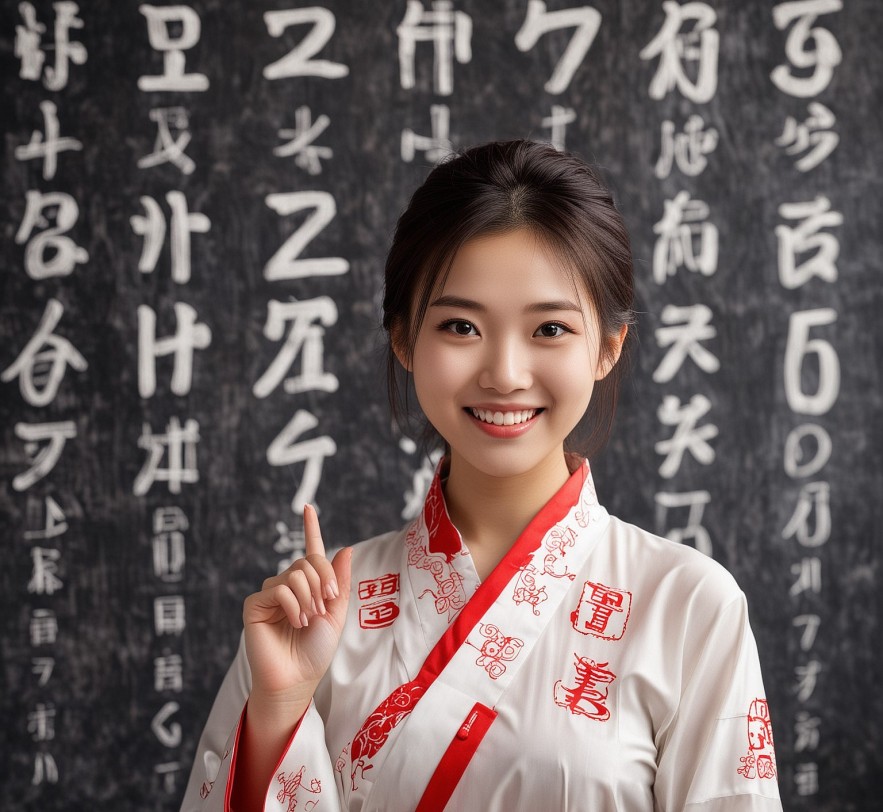 |
| Lucky Numbers and Unlucky Numbers in Chinese Culture |
Number 10, which is often regarded as lucky in Chinese culture, has a profound significance because it represents perfection and completion.
This numerical emblem is closely associated with the concept of wholeness, capturing the idea of a harmonious and balanced existence.
In both business and personal life, the number 10 serves as a powerful symbol of achievement and success.
Its allure and magnetic pull draw people toward their goals, propelling them to the pinnacle of their ambitions.
Embracing the essence of the number 10 is equivalent to embracing the possibility of unparalleled success and a fulfilled life.
This belief is reflected in many aspects of Chinese society, including education, where students strive for a 10 on exams, and sports, where a perfect 10 is the highest score possible.
In both business and personal settings, the number 10 is frequently used to represent a sense of accomplishment and fulfillment.
It is regarded as a fortunate number for new ventures or projects because it represents the concept of completing a full cycle and achieving success.
Many Chinese people believe that incorporating the number 10 into their professional or personal lives will bring them good luck and prosperity.
The Number 13In the Western world, the number 13 is considered unlucky. But in Chinese culture, 13 is a lucky number, which means 'assured growth' or 'definitely vibrant'. |
Chinese Numbers Combination: Lucky and Unlucky
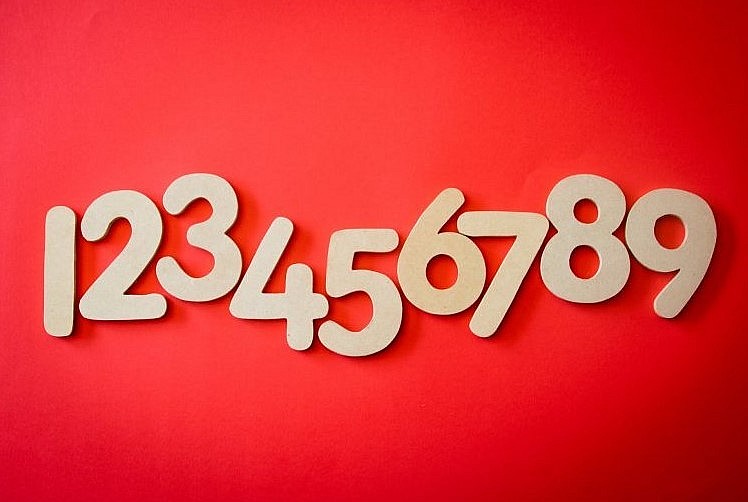 |
| Chinese Number Combinations and Their Meanings |
1988
19 sounds like “forever” in Chinese, and 8 means “make a fortune”.
1366
The pronunciation of 13 is similar to “a lifetime”, 6 in Chinese represents smooth.
1314 & 3344
The pronunciation sounds like “a whole life” and “forever” in Chinese. They are often used by lovers to express their forever love to each other.
366, 666, 888 & 1666
These are the lucky numbers for Chinese New Year, or more specifically, the amount of money that Chinese people usually put in a red envelope. It is a blessing from the elders to the younger generation, with the hope that they will have a smooth journey through life.
168
168 in Chinese (一六八 yi liu ba) has a similar pronunciation to 一路发 (yi lu fa), which means being lucky and prosperous all the way to (financial) success.
520
Young Chinese couples who wish to convey their love for one another in a straightforward manner frequently use 520. Wu er ling, or 520, is pronounced similarly to wu ai ni, or 名爱潠, which translates to "I love you" in Chinese.
250
In casual language, the number 250 is another set of digits that can be used as an insult to call someone stupid or make fun of their intelligence. The literal way to say 250 in Chinese is 溌百五 (èr bǎi wǔ), but people say 'lĐang bĎi wĔ' instead. Since 250 is half a jin, it means "half brain."
1314 & 3344
The sounds of 1314 (一三一四 yi san yi si) and 3344 (三三四四 san san si si) are like yi sheng yi shi (一生一世) and sheng sheng shi shi (生生世世), which mean "forever" or "for someone's whole life." These number combinations are used by lovers to show that they love each other no matter what.
1366/666/888
When these three figures are used as the amount of money placed inside a red envelope (hongbao 溢包) for Chinese New Year or a wedding ceremony, they are thought to be especially fortunate numbers. All three numbers convey the hope for a "smooth future life."
1366 — yi san liu liu is like yi sheng liuliu (一生流流): 'all life flowing'
666 — liu liu liu (六六六) sounds like 流流流: 'flow flow flow'
888 — ba ba ba ( 八八八) sounds like fa fa fa (发发发): 'prosper' x3
Unlucky Numbers in Chinese Culture
Number 4
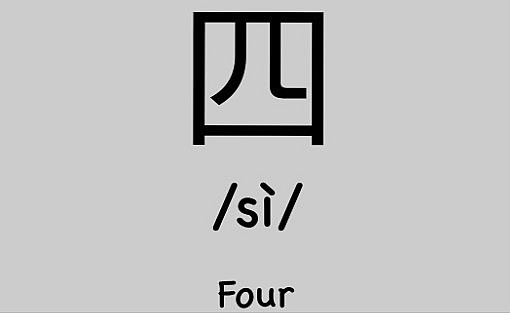 |
| Number 4 |
Because it is linked to death and bad luck, the number four is unlucky in Chinese culture.
The Chinese character for "si," which represents the number 4, sounds a lot like the word for "death," which is why it's associated with bad luck.
Because of this, a lot of Chinese people avoid using the number 4 in their daily correspondence, such as in phone numbers, addresses, and even license plates for their cars.
In certain buildings, in order to avoid the unluckiness associated with the number 4, the 4th floor is completely skipped, with the numbers jumping from 3 to 5.
The number four is still used in some situations despite its negative connotations, like in the case of the traditional Chinese instrument known as the "four-stringed lute."
Furthermore, according to certain Taoist theories, the number four stands for the four virtues of knowledge:
• reliability
• righteousness
• ceremonial decorum
Nevertheless, the number 4's positive meaning is frequently overshadowed by its negative associations.
This is due to the fact that the Chinese word for "death," which is pronounced similarly to the number 4, is extremely unlucky.
Because of this, the fourth floor is rarely added to buildings in China, and some individuals choose not to include the number 4 in their license plates or phone numbers.
Number 7
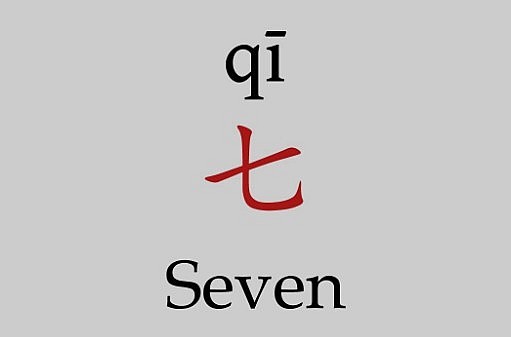 |
| Number 7 |
Because of how it is pronounced, 7 is frequently regarded as an unlucky number in Chinese culture.
The Chinese term "qi," which means "seven," has a sound that is related to the words "cheat" and "deceive."
Because of this association, the number 7 has come to be associated with negativity and is frequently avoided in a variety of contexts.
Because of its significance in Chinese history, the number 7 is regarded as unlucky.
Because the Chinese character for seven, "qi," sounds like the words "cheat" or "deceive," it is considered unlucky and unfavorable.
In Chinese culture, seven is generally avoided in day-to-day activities, particularly during significant occasions like marriage and business transactions.
It is thought that utilizing the number 7 in these circumstances could bring misfortune and unfavorable results.
It's important to note, though, that the negative connotation associated with the number 7 is less prevalent in contemporary Chinese culture than it formerly was.
Although the number 7 is still avoided by some, it is not as taboo as the numbers 4 and 13.
Because it was believed that these stars had a great impact on people's lives, the number seven was given a mysterious meaning.
Furthermore, it is also thought that the number seven stands for the seven human emotions: fear, joy, sorrow, anger, hate, and desire.
These feelings were regarded as essential components of the human experience, and the number seven was thought to represent the intricate and varied character of human feelings.
Nevertheless, despite these beneficial connections, the negative meaning of the number 7 as a representation of misfortune and bad luck endures in Chinese culture.
In China, a lot of people will do everything in their power to avoid using the number 7 in any part of their daily life, including addresses, phone numbers, and license plates.
Number 5
5 (五 wǔ) sounds like 呜 (wū), which is onomatopoeia for whimpering and crying. Therefore, it is generally considered an unlucky number.
It is also associated with the five elements in traditional Chinese philosophy:
• water
• fire
• earth
• metal
• wood
Because of its historical significance, number five is thought to have a negative connotation in Chinese culture.
When pronouncing the number five in Chinese, "wu," it sounds like the word for "no" or "not," which is connected to bad luck and negative energy.
The number 5 is generally avoided in daily life in Chinese culture. The fifth floor is omitted from many Chinese buildings, and it is also omitted from phone numbers and license plates.
Using the number five is thought to bring misfortune and bad luck to both people and businesses.
In Chinese culture, the number 5 has both positive and negative connotations.
It represents harmony and balance and is connected to the five elements of nature—earth, water, fire, metal, and wood.
The human body's five organs—the heart, liver, spleen, lung, and kidney—need to be in balance for optimal health, according to traditional Chinese medicine.
The number five is closely related to the five elements and five flavors in traditional Chinese culture.
Wood, fire, earth, metal, and water are among the five elements, and they are thought to be the basic components of the cosmos.
Similar to this, it's thought that the five flavors—sweet, sour, bitter, spicy, and salty—represent the essence of all food and beverages.
The fact that traditional Chinese medicine links the number five to the five senses and the five organs further emphasizes its significance in Chinese culture.
Nevertheless, because of its negative pronunciation in Chinese, which sounds like the words "not" or "nothing," the number five is still thought to be unlucky despite these positive connotations.
12 Chinese Zodiac Signs and Unlucky/Lucky Numbers
Even though we have gone into greater detail about each Chinese zodiac sign, we also want to provide you with the numerical meaning for each sign in this article. Continue reading to find out which colors are lucky for you and which ones aren't.
For lucky numbers, it is considered lucky for the corresponding zodiac even if the numbers are a combination of the lucky digits listed below:
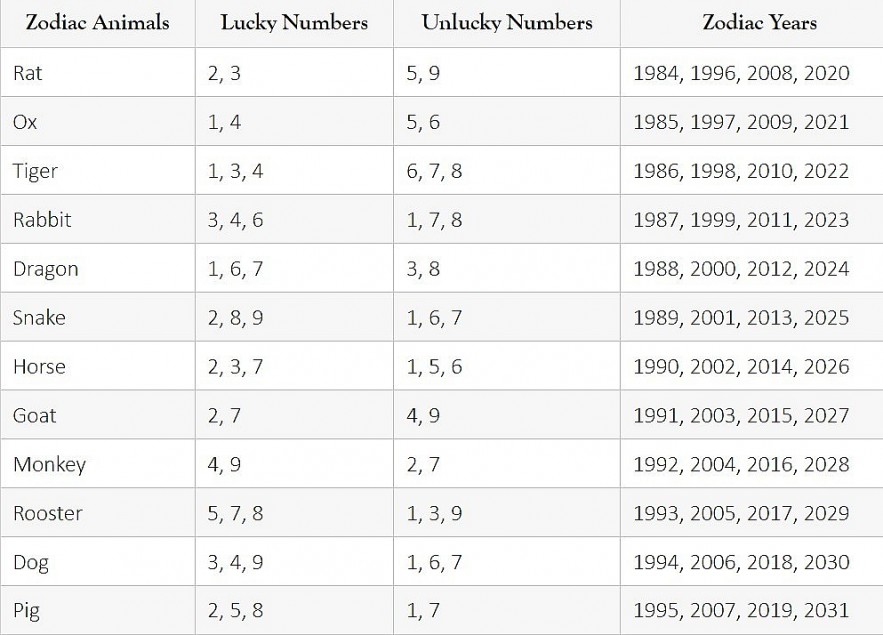 |
| The Chinese Zodiac and Lucky/Unlucky Numbers |
Numbers and Chinese Internet Slang
Many different Chinese internet slang expressions have been created using just numbers because of the enormous number of homophones in Chinese.
数字表示汉字 (shùzì biǎoshì hànzì; “numbers replacing characters”) is the term for this. Here are a few of the most typical instances:
1. 二百五 (èr bǎi wǔ; 250)
In essence, 250 denotes "dumb" or "half-mad." The origin of this phrase is the subject of several different theories. One is that it originated from the antiquated coin system of ancient China, in which a string known as a 吊子 (diàozi) was used to group 1,000 coins.
The term "bàndiàozi," which means half of a "diaozi" or 500 coins, was used to express humility towards knowledge. 250 coins, or half of this, were used derogatorily.
According to another theory, money was frequently arranged in 500-envelope bundles (渀封; yifēng; one envelope). 250 was 半封 (bànfēng; half an envelope), which in Cantonese and Mandarin sounds similar to 半斯 (bànfēng; half-insane).
庌百五 (èr bƎi wɔ; 250), whatever its source, basically means "dumb" or "not playing with a full deck" in English.
2. 五二零 (wǔ èr líng; 520)
This sounds like 我爱你 (wǒ ài nǐ; I love you). In fact, May 20th (5/20) has become another Chinese Valentine's Day!
3. 七四八 (qīsìbā; 748)
Sounds like 去死吧 (qùsǐba; “Get lost!”).
4. 五五五 (wǔ wǔ wǔ; 555)
As previously mentioned, the number 5 sounds like “呜”, which is onomatopoeic for whimpering. Therefore, many netizens will use “555” to express sadness and sorrow.
5. 八八 (bābā; 88)
This represents "bye-bye."
6. 一三一四 (yī sān yī sì; 131)
Yīsānyīsì, or 1314, sounds a lot like 渀生渀渖 (yī shēng yī shì; “one life, one world”) when read in Chinese. This indicates "forever" or "for the rest of my life." This combined with 99 roses makes for the ideal marriage proposal!
7. 七四五六 (qī sì wǔ liù; 7456)
Sounds like 气死我了(qì sǐ wǒle; “you’re making me angry”).
8. 九九五 995 (jiǔjiǔwǔ; 995)
This sounds like 救救我 (jiùjiù wǒ; “save me!”).
Numbers are also used for a variety of different games. Check our article on the popular Chinese 15-15-20 game to find out more!
Differences in Lucky and Unlucky Numbers in Different Regions of China
In different parts of China, different numbers have different meanings.
For instance, in certain parts of China, the number six is lucky, but in other parts, it is unlucky.
When navigating Chinese culture, it is imperative to comprehend regional differences.
Every region, from south to north, has a unique perspective on numerology.
The compelling belief system gives particular numbers meaning.
The number 8 is associated with good fortune in the south, where its fortunate vibe draws in residents. On the other hand, the number 9 is extremely important in the north and represents luck and wealth.
The rich tapestry of Chinese traditions and beliefs is revealed by the fascinating differences in these cultural superstitions.
FAQs
How to Use Lucky Numbers in China?
In China, regional variations and cultural sensitivities are very important when it comes to lucky numbers.To ensure appropriate understanding and respect for Chinese customs and beliefs, it is essential to be aware of these variations. Accepting the variety of lucky numbers enhances our awareness of other cultures and promotes intercultural understanding.
What to Avoid when It Comes to Unlucky Numbers
In China, unlucky numbers require careful avoidance.
When choosing phone numbers or license plates, number 4 in particular should be avoided as it is thought to bring misfortune and bad luck.
This cultural belief is based on the fact that the Chinese word for "death" and the word "four" sound alike.
One can honor and respect Chinese customs without running the risk of anything going wrong by practicing mindfulness and not using such numbers.
How to Navigate Numbers in Everyday Life in China
It can be difficult to navigate numbers in daily life in China, particularly for foreigners who are not familiar with Chinese culture.
In order to prevent inadvertently offending someone or bringing bad luck upon oneself, it is crucial to comprehend the significance of lucky and unlucky numbers.
For instance, when selecting a phone number, it's best to stay away from numbers that are linked to bad luck, like 4 and 7, and instead choose numbers that are linked to good luck, like 6, 8, and 9.
The significance of the numbers should also be taken into account when choosing a house number or a wedding date in order to ensure a fortunate and peaceful life.
People can respect and easily navigate Chinese culture if they are aware of the cultural significance of numbers.
How to Use Lucky and Unlucky Numbers when Visiting China
Using fortunate numbers and avoiding unlucky ones becomes crucial when traveling through China in order to attract good fortune and avoid bad luck.
A thorough understanding of the Chinese culture's use of numbers enables people to navigate with ease.
Travelers can respect local customs and improve their overall experience by embracing lucky numbers and avoiding their unlucky counterparts.
This understanding of the importance of numbers promotes cross-cultural harmony and a harmonious relationship with the colorful tapestry of Chinese traditions.
What is the significance of the number 8 in China?
Because of its historical significance, the number 8 is lucky in Chinese culture.
It is frequently used in phone numbers, addresses, and license plates and is connected to the concepts of prosperity and good fortune.
What Numbers Do Chinese not Like?
The even number rule does not apply to number 4. Why does the Chinese number 4 represent bad luck? since in Chinese it sounds like "Si," which means death. Chinese people avoid numbers 4 and 14 when choosing phone numbers, room numbers, or ceremony dates, just as some Westerners detest numbers 13.
Why is the number 4 considered unlucky in Chinese culture?
In Chinese culture, the number 4 is associated with bad luck because of its pronunciation, which sounds like the word for "death."
Since it is thought to bring misfortune and bad luck, it is frequently avoided in daily life.
Are lucky numbers the same throughout all of China?
No, lucky numbers might differ based on the area and cultural customs.
For instance, in certain parts of China, the number 8 is lucky, while in other parts, the number 9 is lucky.
How should I navigate numbers when visiting China?
When traveling to China, it's crucial to understand the significance of numbers in Chinese culture.
It is possible to draw good luck and ward off bad luck by using lucky numbers and avoiding unlucky ones.
What should I avoid when it comes to unlucky numbers in China?
In order to prevent drawing bad luck and misfortune, it is advisable to stay away from utilizing unlucky numbers in daily life in China, such as 4, 7, 5, and 10.
In Conclusion
Numbers play a fascinating role in the Chinese language. With a deeper understanding of their significance, you can utilize them to acquire knowledge of slang and engage in enjoyable games.
In the realm of Chinese culture, certain numerical values are regarded as auspicious, whereas others are perceived as ominous.
Fortuitous numbers are commonly perceived as symbols that bring about favorable outcomes, affluence, and prosperity, whereas unlucky numbers are associated with unfavorable outcomes, misfortune, and even mortality.
By comprehending the fundamental importance of numbers within Chinese culture, individuals can navigate their daily lives, engage in productive business transactions, and partake in enriching cultural encounters with a heightened sense of assured assurance.
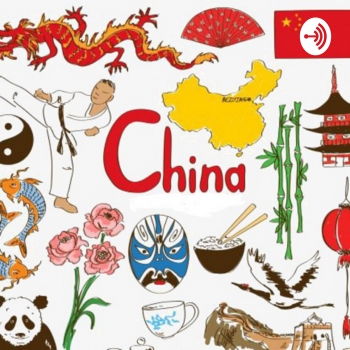 Top 9 Taboos to Avoid in China Today Top 9 Taboos to Avoid in China Today When in China, do as Chinese people do. In Chinese culture, there are many taboos that you should never try, because they may bring BAD ... |
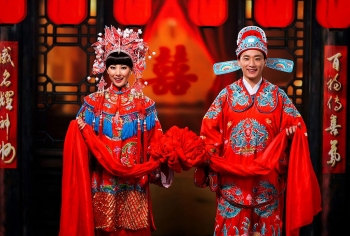 How to Say 'Will You Marry Me' in Chinese Language? How to Say 'Will You Marry Me' in Chinese Language? Marriage is a major life event that changes two people forever. Young Chinese men who want to marry their sweethearts are just as interested in ... |
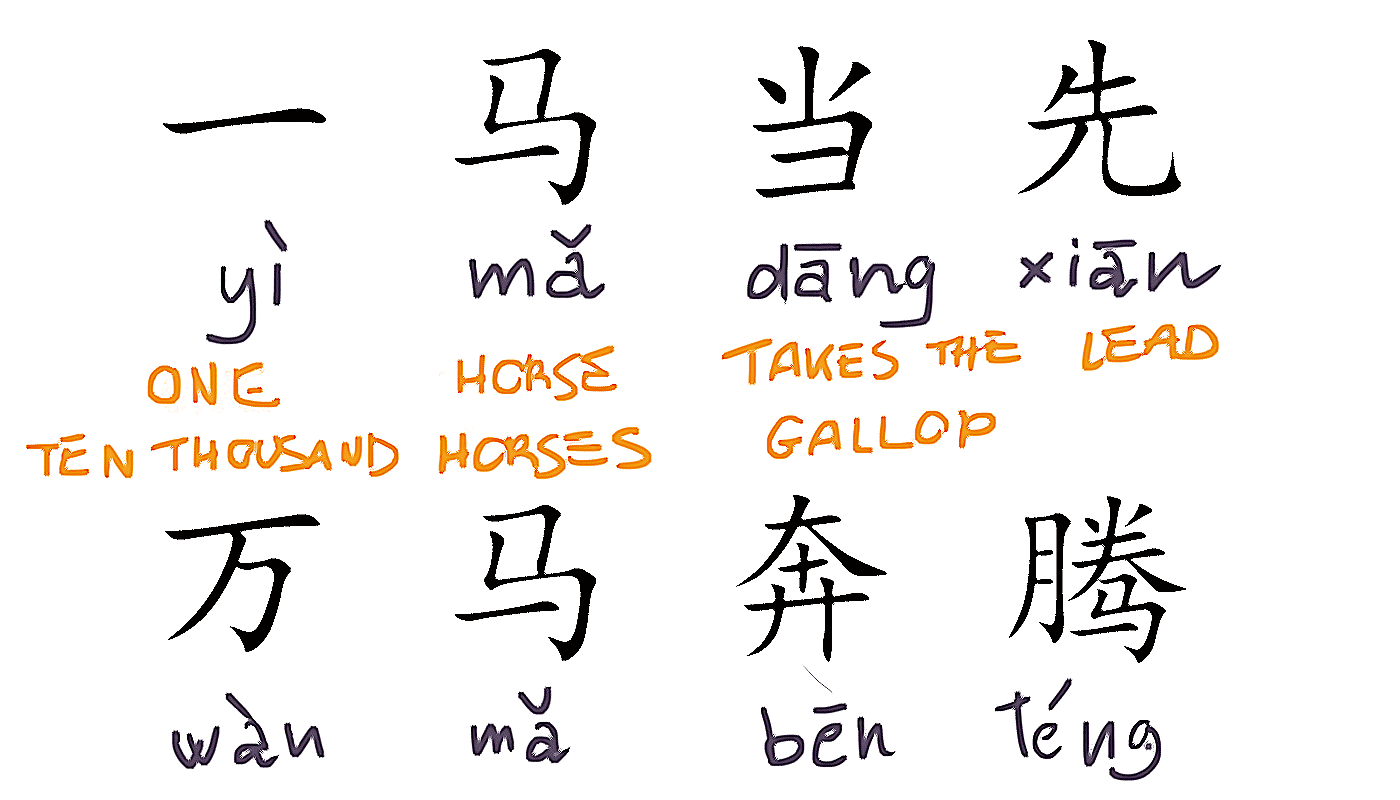 10+ Best Free Sites and Apps To Learn Chinese Online 10+ Best Free Sites and Apps To Learn Chinese Online If you're seeking for the greatest websites to learn Chinese, you won't have to look long. Check out this article to see the list! |


























